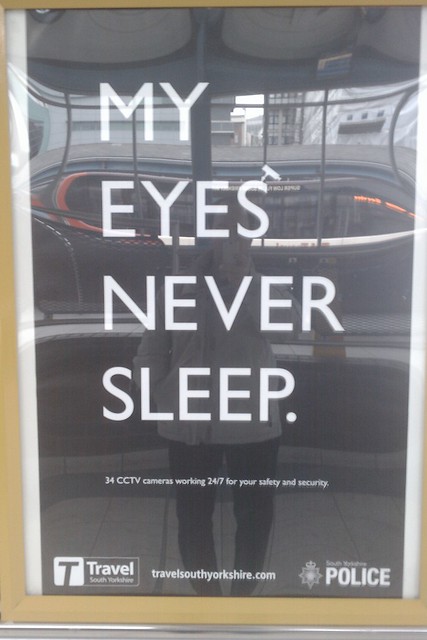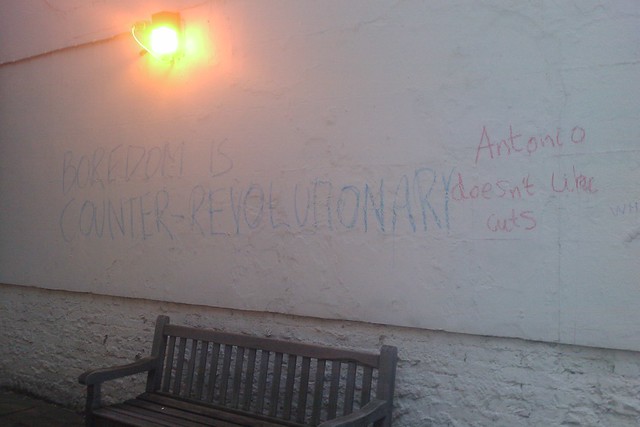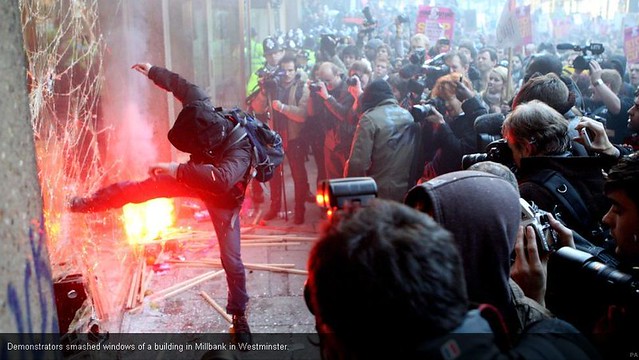
A couple of weeks ago, I managed to pass my driving test at the second opportunity. Today I completed the Pass Plus course, which covers things like rural driving and city driving. The last bit was motorway driving, which meant I had to drive to Leeds and back. Motorways aren't as difficult as I'd thought they might be, although travelling at high speeds is something I'll have to get used to. And I can't believe that some people drive for the first time on a motorway without having done any instruction.
In a couple of weeks I'll get the Pass Plus certificate, which will let me sort out a deal on insurance. Then I'll be loose on the roads, so some people may be more likely to get a visit.
Today will also be the last time I ever see my driving instructor, probably, which will be a bit weird, as I've seen him for two hours a week for the last eight months.





